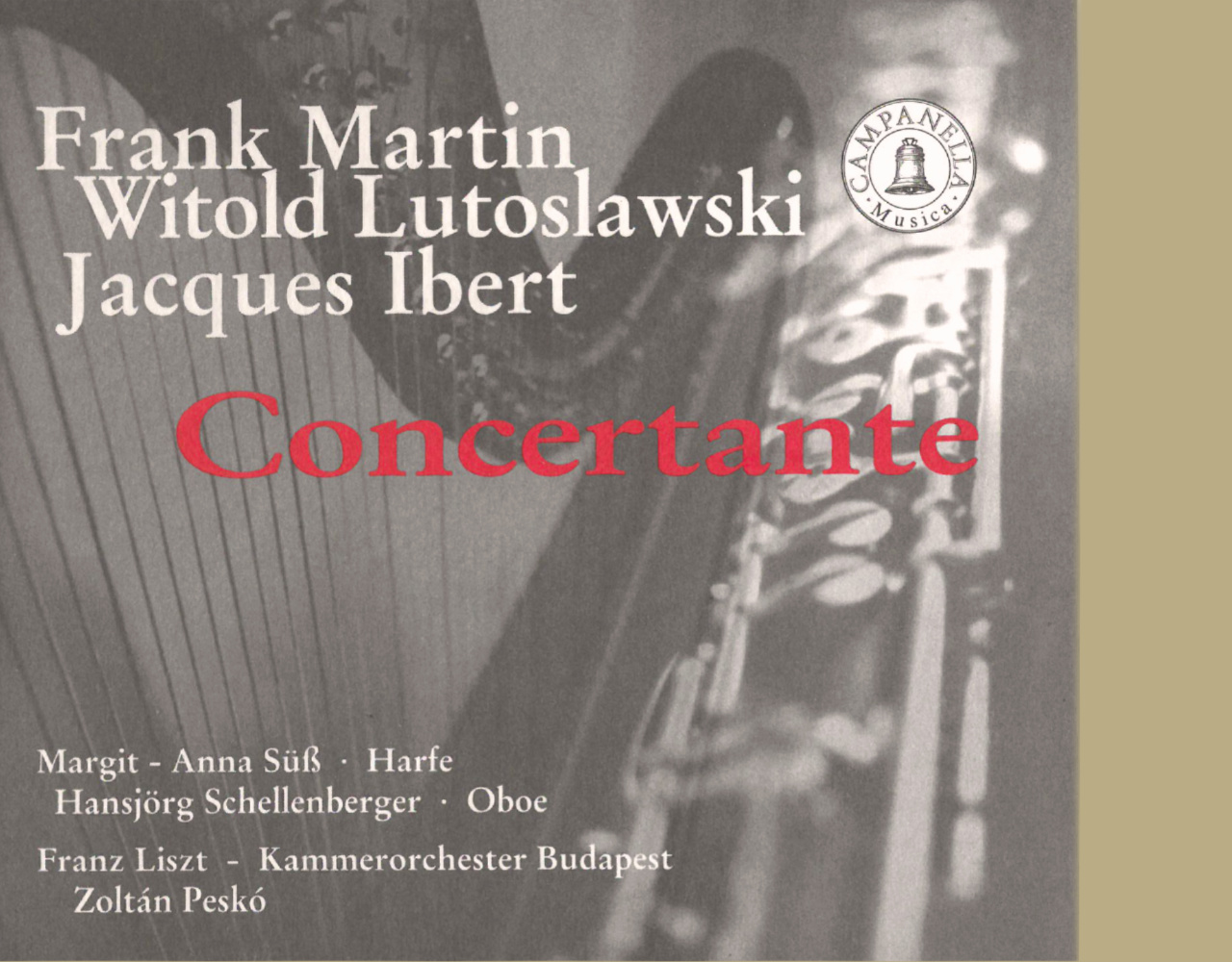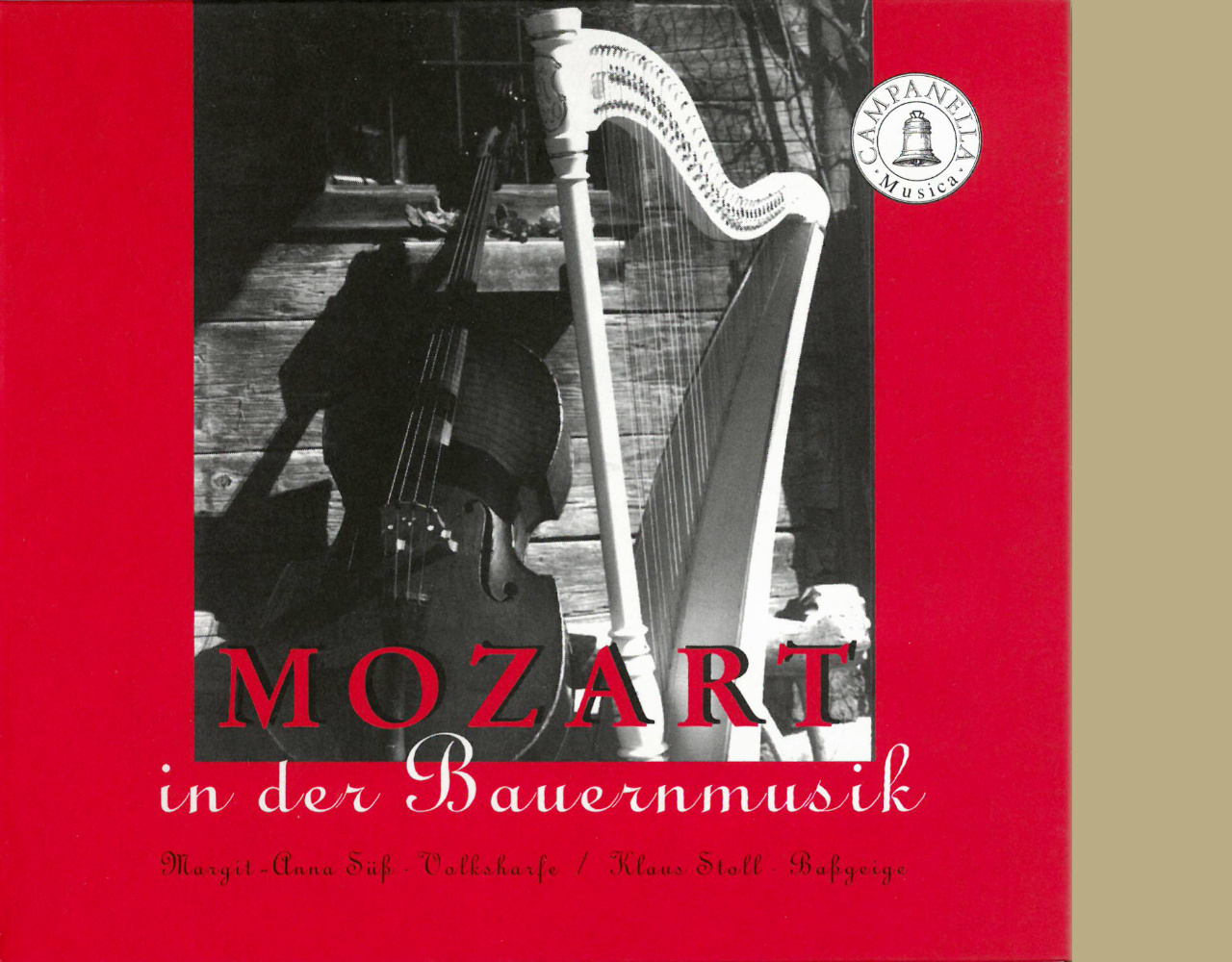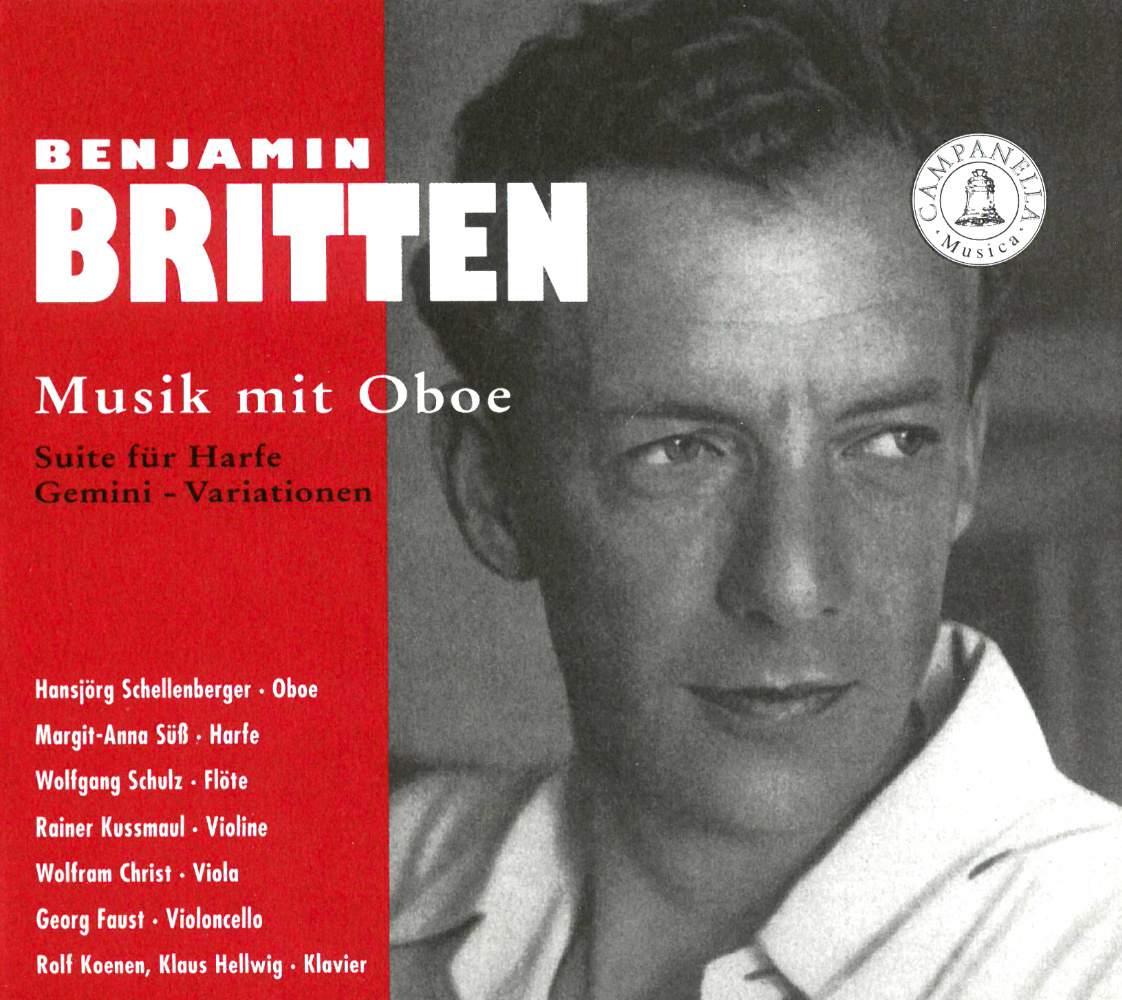
Martin . Lutoslawski . Ibert: Concertante
18. February 2022
Mozart and the music of peasants
13. February 2022Music with oboe
It has long been otiose to waste further words on the role the English composer Benjamin Britten has played in 20th-century music. His wide-ranging spectrum of stage works, concertos and chamber music has received world-wide acclaim and found a lasting place in the international repertoire, and – according to certain waspish commentators – has brought his homeland back on to the musical map.
Whatever one’s personal opinion of such exaggerations, it is beyond question that Britten achieved amazing things as a child prodigy and, while scarcely out of school, made himself widely talked about, for instance because of his Phantasy op. 2 for oboe and string trio, composed very close in time to his first global success, the Simple Symphony for string orchestra. This oboe quartet, written in 1932, opens a colourful programme of chamber music that draws a multi-faceted miniature portrait of Britten extending to include the unusually orchestrated Gemini Variations on an Epigram by Zoltán Kodály op. 73 (1965) and the Suite for solo harp op. 83 (1969). The highly expressive Six Metamorphoses after Ovid for solo oboe op. 49 (1951) were of course essential to this portrait. The timbre of the modern successor to the ancient shawm leads us back to the Arcadian realms of whose rediscovery Britten occasionally dreamed.
Whatever one’s personal opinion of such exaggerations, it is beyond question that Britten achieved amazing things as a child prodigy and, while scarcely out of school, made himself widely talked about, for instance because of his Phantasy op. 2 for oboe and string trio, composed very close in time to his first global success, the Simple Symphony for string orchestra. This oboe quartet, written in 1932, opens a colourful programme of chamber music that draws a multi-faceted miniature portrait of Britten extending to include the unusually orchestrated Gemini Variations on an Epigram by Zoltán Kodály op. 73 (1965) and the Suite for solo harp op. 83 (1969). The highly expressive Six Metamorphoses after Ovid for solo oboe op. 49 (1951) were of course essential to this portrait. The timbre of the modern successor to the ancient shawm leads us back to the Arcadian realms of whose rediscovery Britten occasionally dreamed.
Further information
Tracklisting
01 Phantasy for Oboe, Violin, Viola and Violoncello op. 2Temporal Variations for Oboe and Piano op. posth. (1936)
02 Thema • Andante rubato
03 Oration • Lento quasi recitativo
04 March • Alla marcia
05 Exercises • Allegro molto e con fuoco
06 Commination • Adagio con fuoco
07 Chorale • Molto lento
08 Waltz • Allegretto rubato
09 Polka • Tempo di Polka – Allegro
10 Resolution • Maestoso (non troppo lento)
Suite for harp solo op. 83
11 Overture • Majestic
12 Toccata • Fast and gay
13 Nocturne • Slow and quiet
14 Fugue • Lively
15 Hymn (St. Denio) • Slow and solemn
Two Insect Pieces for oboe and piano op. posth. (1935)
16 The Grasshopper
17 The Wasp
Six Metamorphoses after Ovid for oboe solo op. 49
18 Pan • Senza misura
19 Phaeton • Vivace ritmico
20 Niobe • Andante
21 Bacchus • Allegro pesante
22 Narcissus • Lento piacevole
23 Arethusa • Largamente
Gemini Variations. Twelve Variations and Fugue on an Epigram of Zoltàn Kodàly op. 73
24 Theme • Maestoso
25 Variation I • Prestissimo scherzando
26 Variation II • Moderato
27 Variation III • Allegro con brio
28 Variation IV • Grazioso
29 Variation V • Canone – Vivace
30 Variation VI • Specchio I •Lento tranquillo
31 Variation VII • Cadenza
32 Variation VIII • Appassionata
33 Variation IX • Fanfara •Allegro
34 Variation X • Marcia •Lo stesso tempo (Allegro)
35 Variation XI • Specchio II • Misterioso
36 Variation XII • Romanza • Andante rubato
37 Fugue • Molto moderato
TT 73:37
Artists
Soloists of the Berlin Philharmonic Orchestra
Hansjörg Schellenberger, Rolf Koenen,
Klaus Hellwig, Margit-Anna Süss, Wolfgang Schulz,
Rainer Kussmaul, Wolfram Christ, Georg Faust

